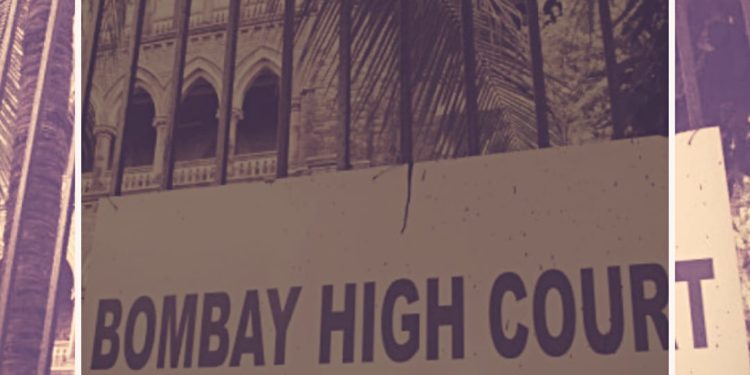The Bombay High Court on Tuesday accepted a Mumbai based woman’s plea in dissolving her troubled marriage on an urgent basis, since she informed the court of her pregnancy with another man whom she wanted to marry soon.
The court granted her prayer for waiver of the compulsory six-month cooling-off period before the customary grant of divorce by mutual consent.
Case:
The woman got married on August 15, 2014. However, following a marital discord, she had started living separately from her husband since December 2018.
The estranged couple decided to get legally separated by filing for divorce by mutual consent and presented a joint petition under section 13B of the Hindu Marriage Act, 1955, to the family court at Bandra on August 4 this year. The couple had also filed an application seeking waiver of the six-month cooling-off period, as per section 13B (2) of the Act.
Under section 13B(2) of the Act:
- A court can grant divorce by mutual consent only after six months and before 18 months of presentation of a joint petition by a married couple
Wife Moves High Court
The wife moved HC after the Bandra court rejected the waiver application on September 9. At the high court, she and her husband pointed out to Justice Nitin Sambre that they were living separately since December 2018 and were leading independent lives.
ALSO READ –
Supreme Court Grants Divorce To Husband After 17-Years; ‘Cruel’ Wife Gets Rs 1.5 Crore Alimony
The couple also cited that they had decided to get legally separated and had also finalised the consent terms, as they were unable to live together.
Wife Is Pregnant With Another Man
The wife’s counsel drew the court’s attention to the fact that the woman was pregnant by another man, whom she wanted to marry soon. As a result, they were seeking urgency in securing the decree of divorce and thus the need for waiver of the cooling-off period.
The husband too supported her plea for the waiver, where his lawyer submitted that the request was justified since both the man and his estranged wife had led independent lives for over two-years and the latter was pregnant and carrying the child of the person she plans to marry.
High Court Judgement
In view of the 2017 ruling of the Supreme Court in Amardeep Singh’s case, Justice Sambre accepted the request. The top court has pointed out that the period mentioned in section 13B (2) of Hindu Marriage Act, 1955 was not mandatory.
ALSO READ –
Supreme Court Orders Top Businessman To Pay Rent For Any Home His Estranged Wife Chooses To Live In
The apex court had ruled that a court is empowered to use its discretionary powers to waive the cooling-off period on a case-by-case basis, especially where there is no possibility of a man and a wife to reunite and there are chances of their alternative rehabilitation. While granting the prayer for the waiver, Justice Sambre said,
In this backdrop, it will be appropriate, particularly having regard to the health condition of the petitioner, to allow the joint application moved for waiving the period as specified under section 13B of the Hindu Marriage Act, 1955.
The Supreme Court in its 2017 judgement had also noted:
Needless to say that in conducting such proceedings the Court can also use the medium of video conferencing and also permit genuine representation of the parties through close relations such as parents or siblings where the parties are unable to appear in person for any just and valid reason as may satisfy the Court, to advance the interest of justice.
The high court has now directed the family court to dispose of the divorce petition as expeditiously as possible.
ALSO READ –
We are now on Telegram. You can also join us on our Facebook Group
Join our Facebook Group or follow us on social media by clicking on the icons below
If you find value in our work, you may choose to donate to Voice For Men Foundation via Milaap OR via UPI: voiceformenindia@hdfcbank (80G tax exemption applicable)






























